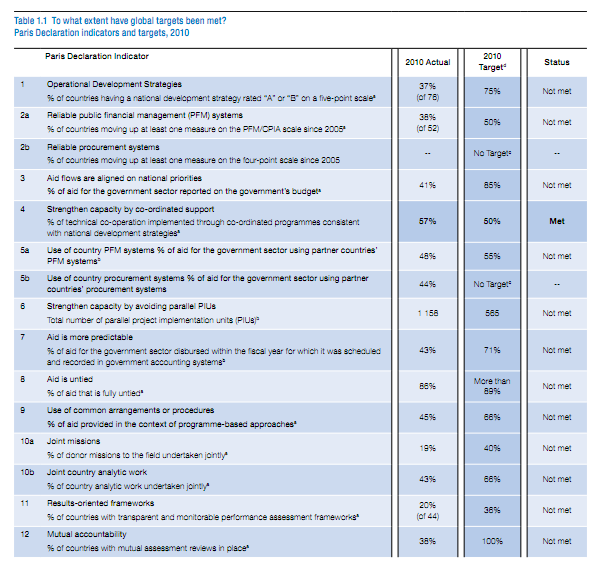Nora Schenkel wrote a post mortem last week of her aborted development career 'I Came to Haiti to Do Good….'
I'm sorry we lost you Nora, and I hope that you change your mind. Though long hours hunched over a laptop fiddling with Excel might not always feel like it, working on the most important moral issue of our time, in whatever small way, is really a great privilege.
I sympathise with your guilt living a comfortable life amidst extreme poverty, and your frustration feeling that aid isn't making a positive difference. But your guilt is misplaced, and our frustration with ineffective aid should be a spur to do it better, not to just give up.
Your guilt is misplaced because almost all of us lucky enough to be born in wealthy countries have relatively comfortable lives. Even an average British salary puts you in the top one percent on the
global rich list. The fact that in Britain we don't have to brush shoulders every day with extreme poverty does not make it cease to exist, and does not mean that morally we should feel any more or less than guilty than if we were living on the same salary in Haiti. That out of sight is out of mind is not moral reasoning.
Frustration with ineffective aid is exactly what is driving reform in the sector, towards more focus on measurement, results, transparency, and accountability. Yes there is still lots of improvement to be made, especially in difficult places to operate such as Haiti. But there can be no doubt that aid saves lives. And yes, in order for that to happen, some overheads are needed, including occasionally paying the salaries that it costs to hire skilled international staff, and for some of those air-conditioned offices and shiny white cars.
Extreme poverty is ugly. And it can seem uglier when it is contrasted so sharply with rich world largesse. But that contrast didn't cause the poverty, and running away from the problem doesn't make it better. It just means that you aren't forced to think about it every day.
Good luck Nora, I'm sure you'll do good.

